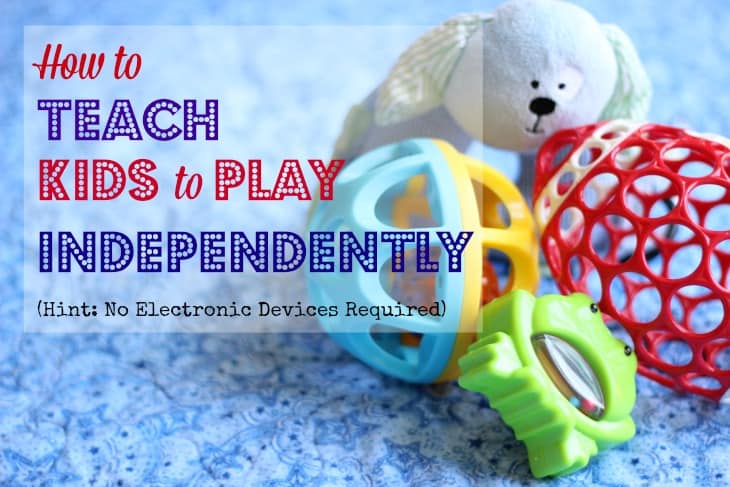
Ever dream of a morning where you are drinking a cup of coffee, checking e-mail, paying a few bills, and you are without interruption and it’s quiet?! This is no dream. Teaching children to play independently, while you get some business done around the house, is totally possible, and you can start from birth! Today I’m continuing on with my Babywise Basics series and talking about Independent Playtime (If you missed my previous Babywise Basics posts on Why We Chose Babywise and How to Sleep-Train, be sure to check them out).
The idea of children playing alone comes most commonly from the book Babywise II. Using the Babywise method or not, anyone can teach their children this really awesome, mutually beneficial skill with a little bit of parental diligence.
1. Independent playtime defined.
Independent play time (IPT) is a daily scheduled time when your child plays alone, without parents or other siblings around. You choose the time of the day and with which toys your child will play. Occurring at approximately the same time every day, IPT typically takes place in a pack ‘n play or play yard for younger babies/ toddler. Older toddlers and children will transition from the play yard to their rooms and have IPT in their room or other room of the house.
2. Benefits to the child (according to Babywise 2).
Mental focusing skills: Playpen time helps a child develop the ability to concentrate on an object and apply knowledge to the activity at hand without distraction.
Sustained attention span: The interval during which a child can concentrate on a single object or activity will gradually improve and lengthen over time.
Creativity: Absolute freedom eliminates the need for creative thinking, while boundaries facilitate creativity. The child will learn to find enjoyment out of what’s available to them. The child will create meaningful new methods and interpretations during play.
Self-Play adeptness: With freedom from influence, support, or aid from others, the child will move from dependent to skillfully independent.
Orderliness: When the child takes part in keeping their play area clean, they learn to keep things tidy. The child can help clean up after IPT.
3. Benefits to the parent.
IPT offers us the parents to get a few things done around the house: clean up, put in a load of laundry, catch up on email or simply just take a moment to relax. Giving myself a little bit of time each day to get things done really helps me be more attentive as a parent. I am able to play more intentionally with my son, without frequently thinking about household chores or tasks to get done. It’s good for everyone all around.
3. Getting started.
Schedule playpen time at approximately the same time every day when the baby is the freshest (for example, just after resting and eating). Put several age-appropriate toys in a basket for the baby to play with and position the playpen so you can easily check on the baby without being seen.
If you are just beginning, start with just 5 or 10 minutes and work your way up in 5 or 10 minutes increments each day until your reach your goal amount of time. If the child doesn’t appear to like the playpen, give it a few minutes and gradually increase the time each day.
Set a timer in the room to signal to your child when IPT is over. This will help them learn that IPT is over when the timer rings rather than when they want it to end. When IPT is over, offer praise and have the child help put away the toys.
Below is a chart, containing some of the information found in Babywise II, to serve as a rough guide for what is appropriate for a child given their age and skills. Make adjustments as needed.
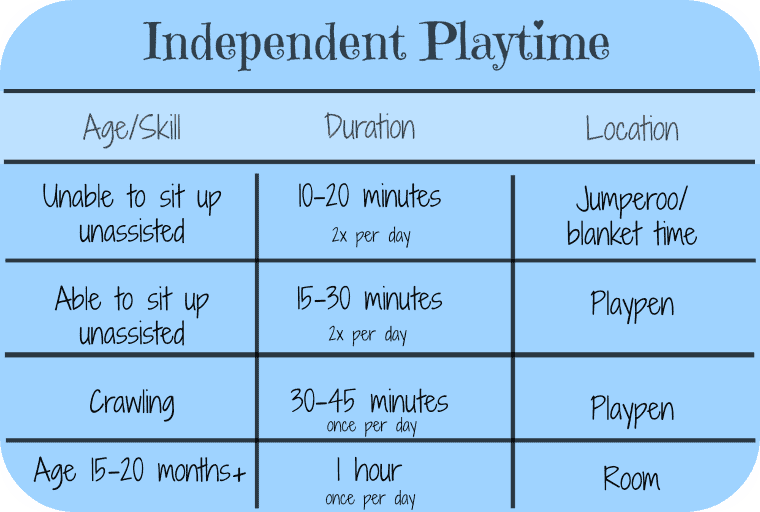
4. Things to keep in mind.
Avoid interacting with your child during this time. You want your child to play on his own.
Check on them every so often to make sure they are okay. If you can, try to do this discretely so your child does not see you. When my son sees me he usually gets upset because he thinks I am coming to get him out. My son is much happier if he plays alone without seeing me.
Don’t overuse IPT. Keep it limited to the time allotted to prevent your child from becoming frustrated.
Independent play is one of those really awesome things both you and your child can benefit immensely from. If you are just starting, be encouraged. Once you get going, it becomes second nature to your child, and he will learn to really enjoy this time. Teaching our children this important basic skill offers an opportunity to encourage creativity, problem-solving, orderliness, and independence just to name a few.
Print this free printable!
This post comes with a free printable to give you an easy step-by-step guide to raise independent kids. Plus, remember what independent skills are age-appropriate for your kids!
Here’s a sneak peek…
Download Your Free Printable
- Download the checklist. You’ll get the printable, plus join my weekly parenting newsletter!
- Print. Any paper will do the trick, but card stock would be ideal.
- Place it on your refrigerator. Use it as a quick reference to keep parenting simple!
I've created a free email series just for you!
If you are struggling with feeling happy in motherhood, let me help you streamline your family's daily routines so you can enjoy your family life without the stress. Yes, really. I've seen my routines work time and time again for parents. I know it can work for you too.
This free email series will help you:
- Free sample routines for your child
- Best morning routine tips and tricks your kids will actually follow
- All-time favorite parenting hacks for getting more cooperation at bedtime
- Step-by-step guide for using a printable daily schedule with kids


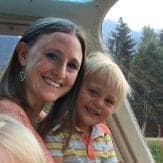


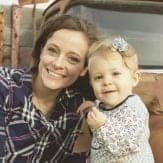
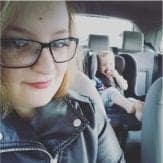


I started ipt late with my 1.5 little boy. He will play happily in a room for 20 min with me at the desk ignoring him completely. When the timer goes off he claps and picks his toys up. I’ve been doing this about one month. When I leave the room however he cries the entire time. Any advice? Should I let him cio? I’m worried letting him cio will make him associate ipt with something bad, like it’s a punishment.
I have the same question. What did you find out?